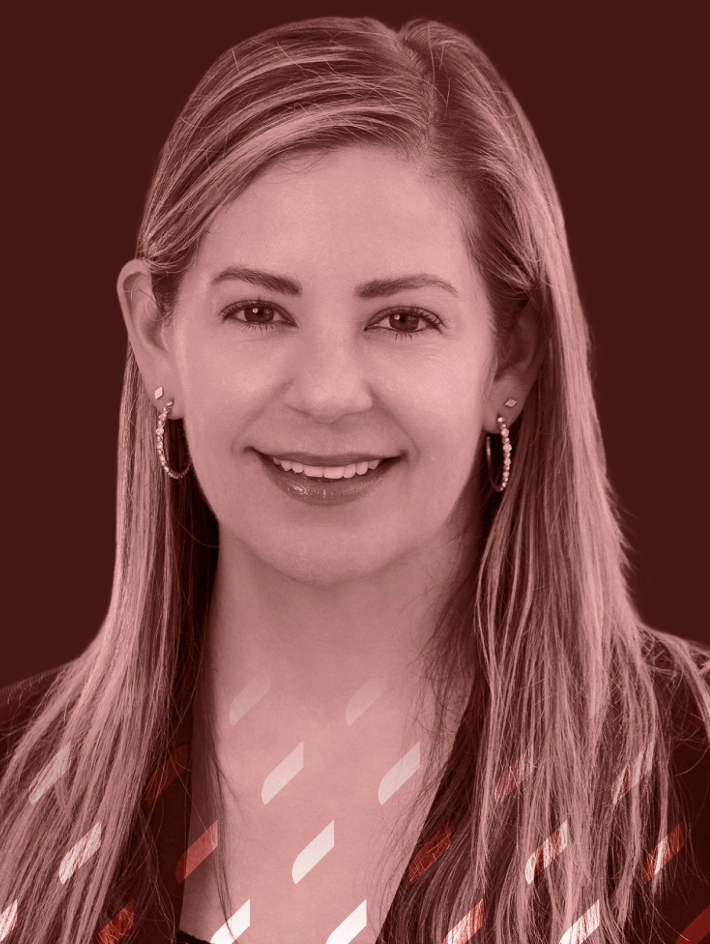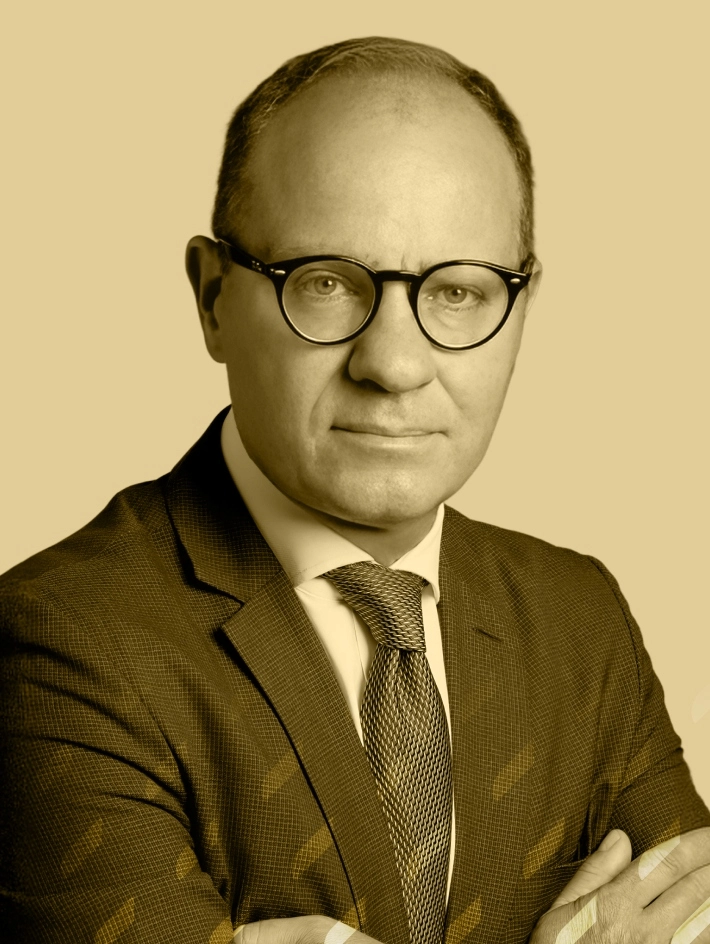Can you provide insight into the historical journey and founding principles that underpin Azman Davidson & Co.? Additionally, how has the firm's evolution unfolded over the years?
Azman Davidson & Co has a rich and storied history, starting with one of the founders, Dato’ W.S.W. Davidson in its predecessor firm in Ipoh in the north of the country. He was a pioneer in supporting the tin mining industry, then the backbone of the Malaysian economy, and later in Azman Davidson & Co's Kuala Lumpur practice when the centre of gravity of business shifted to the Klang Valley where Kuala Lumpur is situated, and the economy attained an unprecedented liveliness. It was during this time that Dato' Davidson, ever the visionary began looking for full-time lawyers with additional areas of expertise in non-legal disciplines. His vision was implemented and has resulted in the firm having built up an unmatched store of knowledge and experience over the last 40 years or so in multidisciplinary areas, and perhaps even more importantly, this knowledge and experience having the added dimension of an industry perspective.
This ethos has also been imbued in the successive generations of lawyers joining the firm, and forms the foundation of our core practice in providing services to industry, commerce and business, with a focus on technology, underpinned by the uncompromising integrity, ethics and humanity ingrained by our founding father.
Azman Davidson & Co. is hosting the Legalink APAC Regional Meeting in Penang, Malaysia in July - What value do regional meetings bring to your practice and to the wider Legalink network?
The regional meetings provide a great opportunity for more of us in the practice to meet, network and build relationships with other Legalink members closer at hand, and whom we and our clients are more likely to do business with.
How does your team approach cross-border cooperation, particularly within Asia-Pacific?
Cross-border cooperation enables us to expand our practice outside our borders, and offer opportunities to access expertise and resources that other members of the regional network have as well as offer the expertise and resources that we do have that the others do not.
What makes a Legalink collaboration successful in your experience?
Simply trust and personal relationships.
In every collaboration that we have had with Legalink members this has been key. Examples are:
(i) An arbitration between a major Finnish construction company some time ago which required enforcement of a Malaysian award in Finland, which was challenged all the way up to the Finnish Supreme Court and which required constant communication between me and Jorgen Hammastrom, the principal of the firm which was one of the pioneer members of Legalink. My personal relationship with Jorgen cultivated over a number of Legalink meetings over the years contributed to trusting his judgement over some larger and more well known Finnish law firms which suggested it would be a quick and easy process. This was borne out with how the proceedings panned out, and led to a successful conclusion.
(ii) Our collaboration with Braddel Brothers in an ICC arbitration seated in Singapore, where again our personal relationships with Edmund Kronenburg who only was supposed to appear as co-counsel for issues involving Singapore law, pitched in with the team on the substantive issues. Although the result was not positive, it was an enjoyable and enriching experience.
(iii) I reached out to Dua Associates in India for tax advice a pro bono case I was doing for a well known Indian chess coach who we were assisting in an acrimonious negotiation of a sale of his shares in an online chess coaching company to his partner, a Danish grandmaster. Dua generously gave us and the client valuable tax advice gratis which helped to break the deadlock and the sale came to a successful conclusion. Again, this resulted from our personal relationship with Siddhartha Kumar of Dua helped to get us connected to the appropriate expertise in the firm.
(iv) A client of Azman Davidson needed legal advice based on the laws of Arizona. Sonia contacted Chris Trowbridge from Bell Nunnally who then personally reached out to our client, who was very impressed by the direct support and excellent service she received.
What are the most urgent legal reforms or shifts happening in Malaysia that others in Legalink should know about?
- Expanded Sales & Services Tax (SST): Starting 1 July 2025, SST now includes non-essential and luxury goods (e.g. imported salmon, high-end apparel) at 5–10%, and services like property rentals, financial and healthcare services.
- Labour Protections & Minimum Wage: Wage hikes and workplace reforms include:
- Minimum wage now RM 1,700 (phased from Feb and Aug 2025)
‑ Employment Act amendments came into effect last month extending protection to all employees, 98-day maternity leave, 7-day paternity leave, 45- hour workweek, plus anti-discrimination and flexible work provisions
- Cross-Border Insolvency Bill: Slated for tabling in June 2025, adopting UNCITRAL Model Law is expected to streamline cross-border bankruptcy and corporate rescue for Malaysian businesses operating in ASEAN
- Abolition of Mandatory Death Penalty since July 2023
- New Social‑Media Licensing Regime: Since 1 January 2025, platforms with over 8 million Malaysian users (e.g. WeChat, TikTok) must be licensed. Licensing begins enforcement; Telegram faces litigation over harmful content, and an interim injunction against Telegram channels allegedly spreading misleading or harmful content was granted in June.
As hosts of the upcoming Legalink APAC Meeting in Penang, what are you most excited to showcase to the network, and what do you hope attendees will take away from the event”?
As hosts, we are excited to showcase the dynamic reality of Malaysia as a premier destination for business for the transactional lawyers and dispute resolution for the dispute lawyers.
People know Kuala Lumpur, but for business Penang offers a unique story. For centuries, it has been a crossroads for commerce and culture, and that legacy continues today in its booming tech, manufacturing, and services sectors. In this regional meeting, we will try to give our colleagues a tangible feel for the investment opportunities here that their clients can benefit from.
On the disputes front, I am also keen to discuss Southeast Asia's collective strength in dispute resolution. We have great respect for Singapore's framework, and we see the growth of Malaysia's Asian International Arbitration Centre (AIAC) as a complementary force with the same geographical, physical and legal infrastructure, but with significantly lower costs which may be interesting to lesser endowed countries. Having two world-class, dispute resolution options in the region solidifies its global appeal and provides our clients with valuable flexibility and choice.
In terms of what I hope attendees will take away, it comes down to two things: opportunity and connection.
Professionally, we want them to leave with actionable intelligence for their clients. But more importantly, we want them to forge stronger relationships with each other. The goal is to move beyond networking to identify concrete opportunities for collaboration, turning professional acquaintances into trusted partners.
On a personal level, we hope they leave with a genuine fondness for their host and for Penang's culture - especially its incredible food. If they depart with fond memories, I would consider the meeting a true success.



